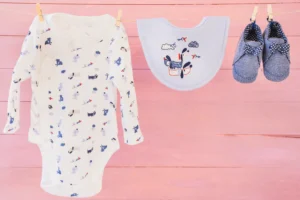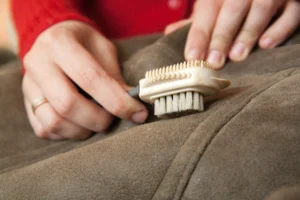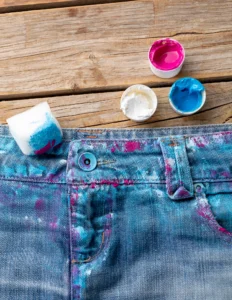As the cold weather sets in, it’s important to take proper care of your winter wardrobe. Coats, sweaters, and scarves not only keep you warm but are also an investment in your style. Dry cleaning plays a crucial role in maintaining these garments, especially during December when they face more wear and tear. Here are some key dry-cleaning tips for keeping your winter clothes in top condition.

1. Dry Clean Coats Regularly, but Not Too Often
Winter coats are essential during the colder months, but dry cleaning them too often can damage the fabric. The harsh chemicals in dry cleaning solvents can weaken delicate materials over time. As a rule of thumb, you should dry clean your coat only when it’s visibly soiled or after every few wears. If your coat is made from materials like wool, cashmere, or down, it’s essential to have it cleaned professionally to avoid shrinkage or damage.
2. Take Extra Care with Sweaters
Sweaters, especially those made of wool or cashmere, require special attention when it comes to dry cleaning. Frequent cleaning can cause these fabrics to lose their softness and shape. Ideally, sweaters should be dry cleaned once at the end of the season or when there are noticeable stains or odors. Be sure to choose a dry cleaner that specializes in delicate fabrics to avoid damage. For routine care, consider spot cleaning small stains or airing out your sweaters after each wear to reduce the need for cleaning.
3. Dry Clean Scarves When Necessary
Scarves can accumulate dirt, oils, and sweat from being worn frequently, especially during December when you layer up for warmth. Silk, cashmere, and wool scarves should be dry cleaned periodically to preserve their softness and appearance. If you wear scarves often, try to limit their exposure to stains by removing them when eating or engaging in activities that might cause soiling. Dry clean your scarves before storing them for the season to ensure they remain fresh and free of odors.
4. Always Check Labels and Consult Professionals
Before sending any winter garments to the dry cleaner, always check the care labels for specific cleaning instructions. If you have any doubts about how to care for a delicate fabric, ask your dry cleaner for advice. Professional dry cleaners will know how to treat your clothes with the proper care, ensuring they stay in good condition throughout the winter months.
Conclusion
Proper dry cleaning is essential to keeping your winter wardrobe in top shape. For coats, sweaters, and scarves, a balance between regular cleaning and careful preservation is key. By following these tips, your winter essentials will stay fresh, cozy, and ready to wear throughout the holiday season and beyond.
Need professional care for your winter wardrobe? Contact FCL Dry Cleaners for expert dry cleaning services this December!








